If you have ever heard me speak or teach about saving money, then you have undoubtedly been introduced to online banks. I’m not talking about banks that have websites but about banks that have little to zero physical “bricks & mortar” locations.
I’m talking about banks like Capital One 360 (formerly ING Direct) and Ally Bank (built on the base of GMAC).
Here’s why I use online banks (over a local bank) for my savings accounts:
Better interest rate Online banks pay interest that is generally 5 to 8 times more than a local bank savings account (somewhere near that of a 2 to 3 year CD) – but it doesn’t affect the liquidity of my money
Sub-Accounts If you have a regular savings account, all you can see is the total amount of the money the account currently contains. With online banks, you can create something called “buckets” or “sub-accounts” to give every dollar a designated name! This means you can create sub-accounts like “Christmas”, “Emergency Savings”, “Vacation”, “Life Insurance”, etc.
Automatic Savings You can establish automatic transfers from another existing bank account. I have set up automatic transfers for my emergency fund, YMCA annual membership, House taxes and insurance, Christmas, and life insurance premiums. It is a “set it and forget it” approach to savings that is awesome!
Customer Service Because these banks only have an online presence, they have to be INCREDIBLE at customer service, or people would not even know about them. Every interaction I have had with my online banks has been an incredibly positive experience.
FDIC-insured These banks are insured by the FDIC – just like any other bank. That means your deposits are protected. I like that!
No fees There are no fees unless you exceed the monthly allowable transactions (or something extraordinary like that)
No MINIMUM balance This makes it perfect for any and every saver.
I encourage you to check them out: Capital One 360 and Ally Bank.
Set a savings goal. Then establish an automatic savings plan to help you accomplish it!

